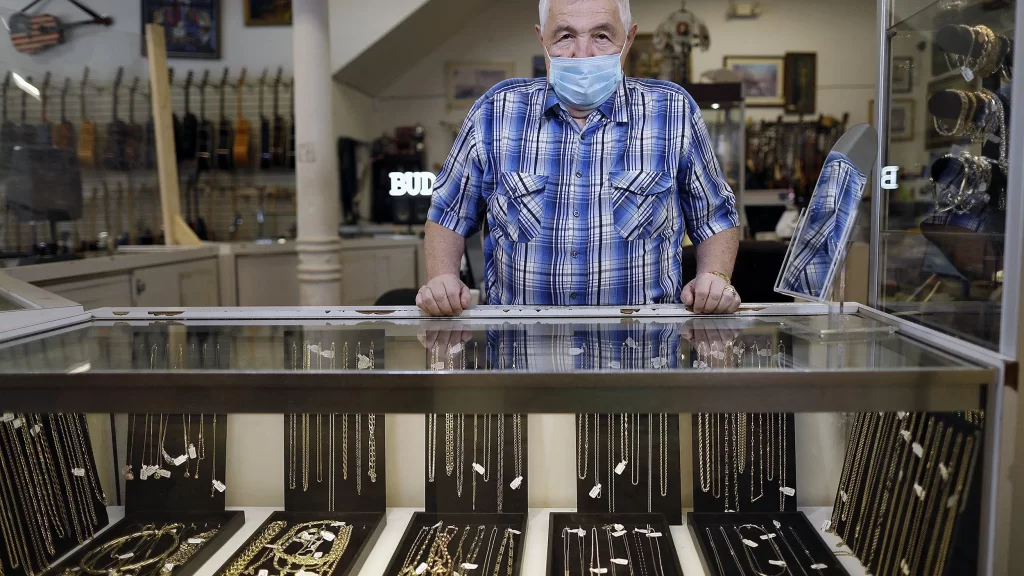Way of Unraveling the Mysteries of Pawn Shop Transactions
Pawn shops have long held a certain mystique, often portrayed as repositories of hidden treasures and intriguing artifacts. These unassuming establishments, tucked away in various corners of cities, have played a crucial role in providing financial assistance to individuals in need while facilitating unique buying opportunities for curious patrons. Unraveling the mysteries of pawn shop transactions can shed light on the fascinating world that lies within. Pawn shops operate on a simple yet ingenious premise. Customers bring in valuable items, such as jewelry, electronics, musical instruments, or antiques, and use them as collateral to secure a short-term loan. The pawnbroker assesses the item’s worth and offers a loan amount based on its value. If the customer agrees to the terms, they receive cash on the spot and leave the item with the pawn shop as collateral. The transaction is usually quick and straightforward, devoid of credit checks or lengthy paperwork.

Once the loan is issued, the pawnbroker keeps the item in a secure storage area until the customer repays the loan, typically within a few months, along with accrued interest. If the borrower fails to reclaim their item within the agreed-upon timeframe, the pawnbroker has the right to sell the item to recoup the loan amount and Local Pawn Shop interest. This creates an ever-changing inventory of unique and diverse items for sale, attracting bargain hunters and collectors alike. The allure of pawn shops lies not only in their role as financial lifelines for those in temporary need but also in the potential for treasure hunting. Regular patrons and professional antiques often scour pawn shops, hoping to discover hidden gems or rare finds at bargain prices. Vintage watches, rare coins, and valuable antiques have been known to surface in these unassuming shops, making them a paradise for those with a keen eye and a passion for uncovering history.
However, the mystique of pawn shops also gives rise to misconceptions. Despite the occasional exceptional discovery, the majority of items in pawn shops are everyday goods that people simply find more convenient to sell or pledge as collateral than to dispose of elsewhere. The pawnbroker’s expertise in assessing an item’s value and authenticity ensures fair transactions for both borrowers and buyers. In recent years, the rise of reality TV shows centered on pawn shops has further fueled the fascination with these businesses. While these shows can be entertaining, they often emphasize rare and extraordinary transactions, exaggerating the frequency of such events. In reality, the majority of pawn shop transactions involve ordinary people seeking short-term financial solutions or finding affordable deals on everyday items. In conclusion, pawn shops remain intriguing places that blend financial services with unique shopping experiences. Understanding the mechanics of pawn shop transactions dispels some of the mystery surrounding them. These establishments provide valuable services to their communities by offering accessible short-term loans and a diverse selection of second-hand items for sale.